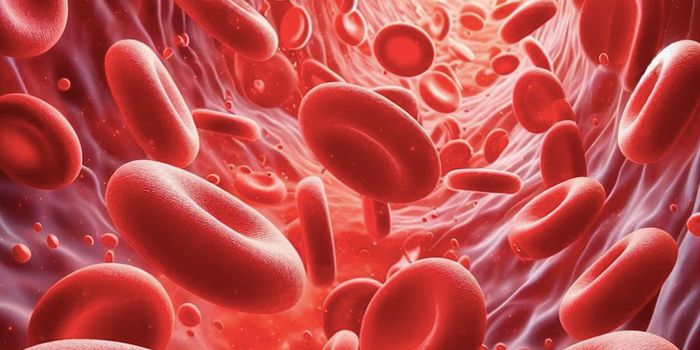New detection method can locate DNA markers in advanced breast cancer within five hours
Breast cancer is the second most common cancer among women in the United States. For some alarming statistics, about 1 in 8 women in the U.S. will develop invasive breast cancer over the course of their lifetime, an estimated 287,850 new cases of invasive breast cancer are expected to be diagnosed in women in the U.S. in 2022, about 2,710 new cases of invasive breast cancer are expected to be diagnosed in men in 2022, and about 43,250 women in the U.S. are expected to die in 2022 from breast cancer. It’s vital to develop detection methods to keep these numbers down, and recent research into cancer detection could be the step in the right direction.
In a recent study published in Cancer Research Communications, a novel, automated liquid biopsy test in development by researchers at the Johns Hopkins Kimmel Cancer Center can accurately detect the presence of cancer DNA in the blood of patients with metastatic breast cancer within five hours. While the test is currently a prototype for research use only, it could potentially be used to quickly help oncologists determine if cancer treatments are in fact working.
The test is called the Liquid Biopsy for Breast Cancer Methylation (LBx-BCM), and is compatible with a commercially available molecular testing platform called GeneXpert® which can detect methylation, a type of chemical tag, in one or more of nine altered genes in breast cancers within four and a half hours. The test itself requires less than 15 minutes of hands-on time by a laboratory technician.
Many patients with breast cancer do not respond to chemotherapy but go through multiple cycles of treatment before oncology teams can perform imaging studies to determine if a treatment is effective, explains senior study author Saraswati Sukumar, Ph.D., professor of oncology and pathology at the Johns Hopkins University School of Medicine. Imaging can be effective at detecting changes in larger tumors, but it is nearly impossible to identify changes in smaller tumors, Sukumar says.
“Our goal was to develop an assay that would be sophisticated yet simple to perform worldwide and could be used at the point of care to provide same-day feedback to clinicians and patients,” Sukumar says. “If we are able to show by this cartridge assay that we are indeed successful in predicting the course of treatment, we might be able to institute changes in the way we look at chemotherapy and the way we treat patients for metastatic breast cancer.”
The test was found to correctly detect cancer 83% of the time, and correctly rule out cancer 92% of the time, for an overall diagnostic accuracy of 85%.
“Further prospective clinical trials will evaluate LBx-BCM’s detection sensitivity and its ability to monitor therapeutic response during treatment for advanced breast cancer,” Sukumar and colleagues wrote.
As always, keep doing science & keep looking up!
Sources: Centers for Disease Control and Prevention, BreastCancer.org, Cancer Research Communications









